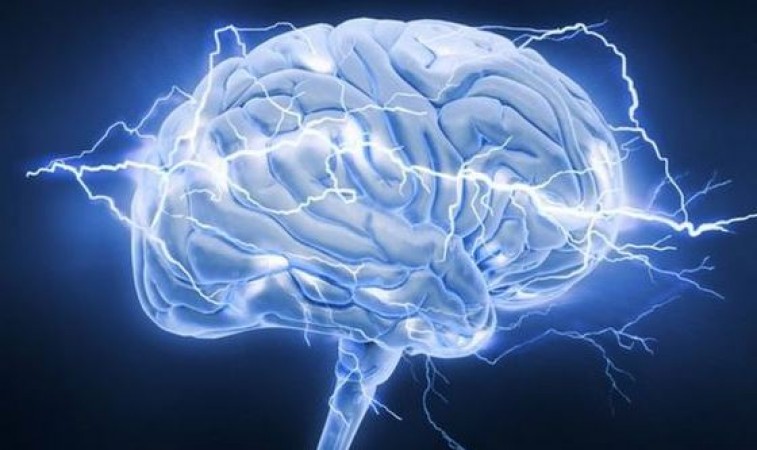
Imagine the incredible power within your brain that enables you to think, reason, and create. The human brain is a remarkable organ, responsible for a multitude of functions and processes. One fascinating fact about the brain is that it generates enough electricity to power a small light bulb. In this article, we will delve into the intricacies of brain electricity and explore the amazing capabilities of this complex organ.
Introduction
The brain, weighing just a few pounds, is the most energy-demanding organ in the human body. It operates on a system of electrical impulses that transmit signals between its billions of neurons. These electrical signals are the essence of brain activity and play a vital role in various cognitive processes.
The Electrical Activity of the Brain
The brain produces electrical impulses through the interaction of neurons, which are specialized cells responsible for transmitting information. These electrical signals, often referred to as brainwaves, are the result of the synchronized firing of neurons in different regions of the brain.
Neurons: The Powerhouses of Brain Electricity
Neurons are the fundamental units of the brain. Each neuron consists of a cell body, dendrites, and an axon. When a neuron receives a signal, it generates an electrical impulse that travels down its axon. This electrical signal then stimulates neighboring neurons, leading to a cascade of electrical activity throughout the brain.
Electroencephalography (EEG): Measuring Brainwaves
Scientists utilize a technique called electroencephalography (EEG) to measure and record brainwaves. By placing electrodes on the scalp, EEG can detect the electrical activity of the brain and provide valuable insights into its functioning. These recordings have revealed distinct patterns of brainwaves associated with different states of consciousness and cognitive processes.
Brain Electricity and Cognitive Processes
Brain electricity is intricately linked to our cognitive processes. Whether it's thinking, problem-solving, or decision-making, these activities involve the generation and transmission of electrical signals in the brain. Studies have shown that specific brainwave patterns are associated with different cognitive states, such as focused attention, relaxation, and deep concentration.
Brain Electricity and Sleep
During sleep, the brain continues to generate electrical activity. However, the patterns of brainwaves differ from those observed during wakefulness. Rapid eye movement (REM) sleep, characterized by vivid dreams, exhibits brainwaves similar to those during wakefulness. In contrast, non-rapid eye movement (NREM) sleep displays slower and more synchronized brainwave patterns.
Brain Electricity and Memory
Memory formation and retrieval are closely tied to brain electricity. When we learn something new, our brain creates new connections between neurons. These connections, known as synapses, facilitate the transmission of electrical signals and the consolidation of memories. The recall of memories also involves the reactivation of specific brainwave patterns associated with the initial encoding of information.
The Future Implications of Brain Electricity
The understanding of brain electricity has significant implications for various fields. Researchers are exploring ways to harness brain electricity to develop innovative therapies for neurological disorders such as epilepsy, Parkinson's disease, and depression. Advancements in brain-computer interfaces are also being made, opening up possibilities for direct communication between the brain and external devices.
Conclusion
The human brain's ability to generate electricity is a testament to its remarkable capabilities. The intricate network of neurons and the synchronized firing of electrical signals allow us to perceive, think, and interact with the world around us. As our understanding of brain electricity continues to evolve, we unlock new insights into the complexities of the human mind.
In space, astronauts grow taller due to the lack of gravity compressing their spines
Unlocking the Future: How 5G Technology is Revolutionizing Connectivity and Industries
Six Chhattisgarh hospitals awarded NQAS certificates: Union Health Ministry